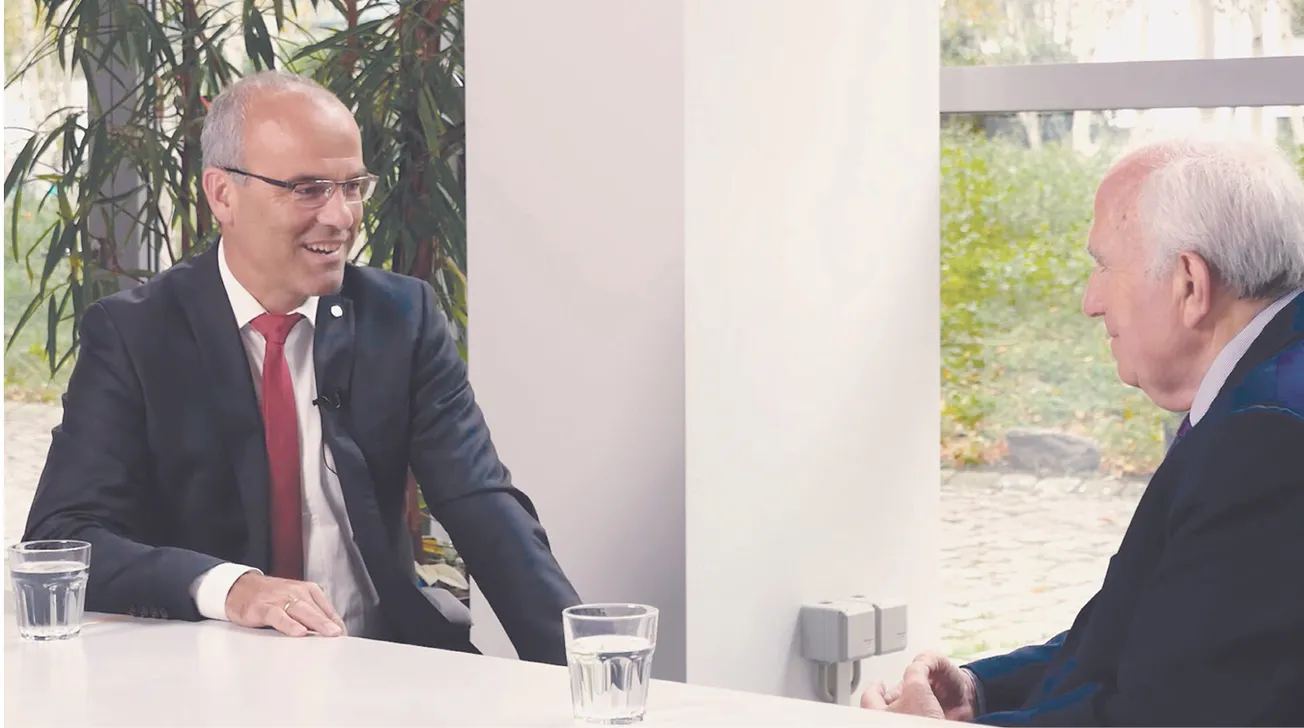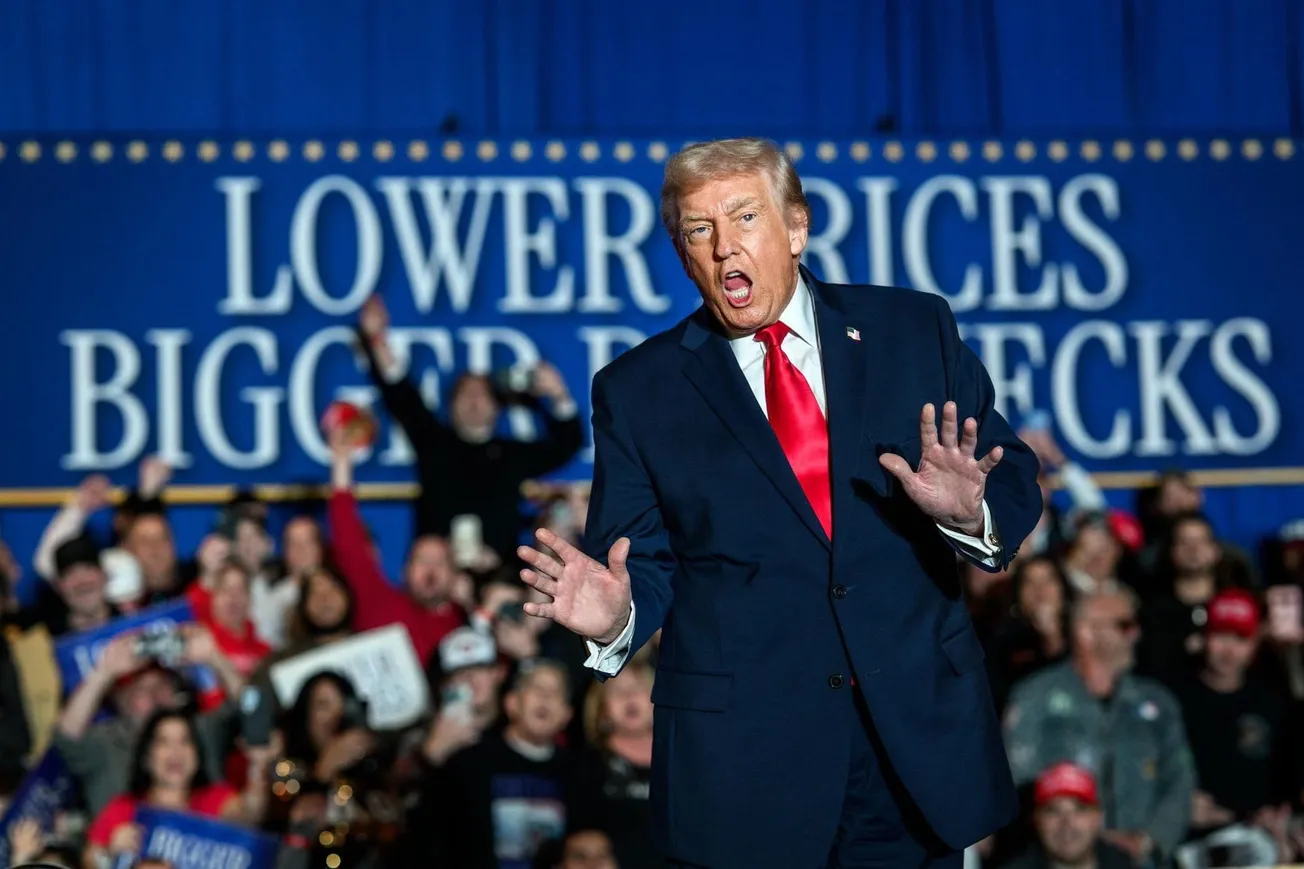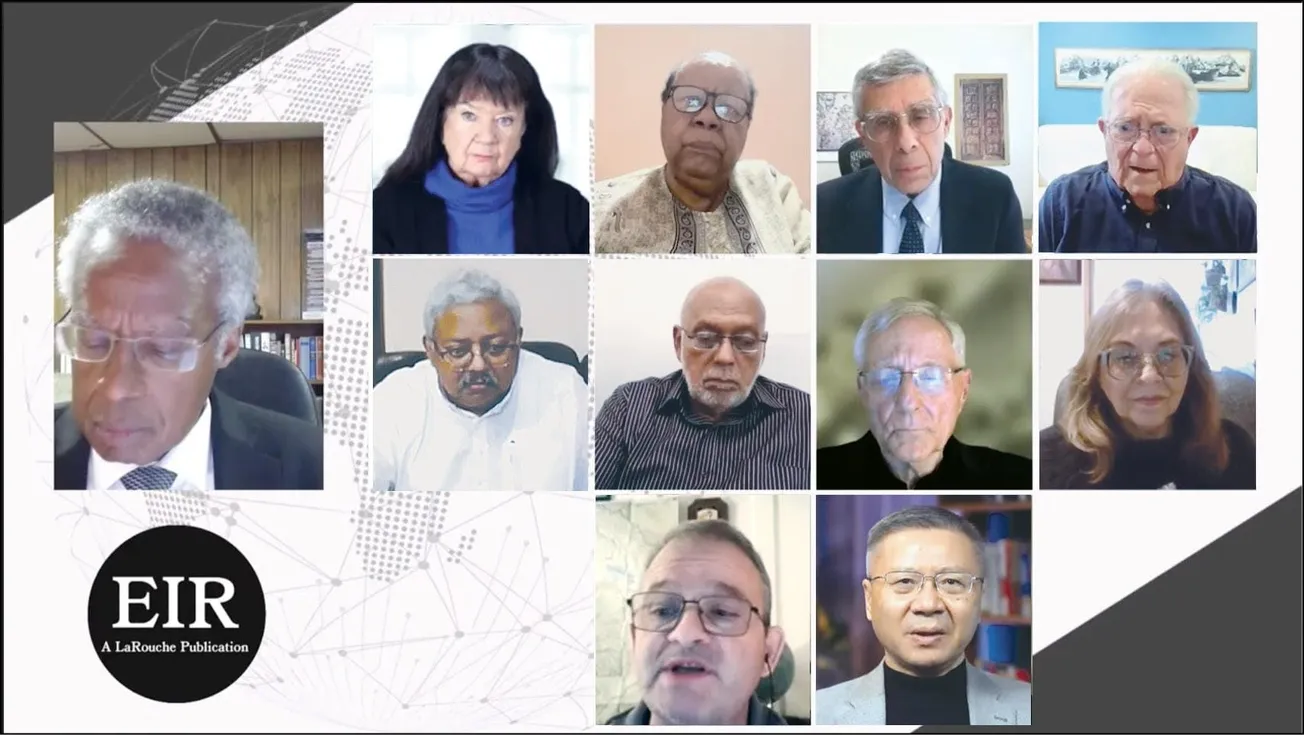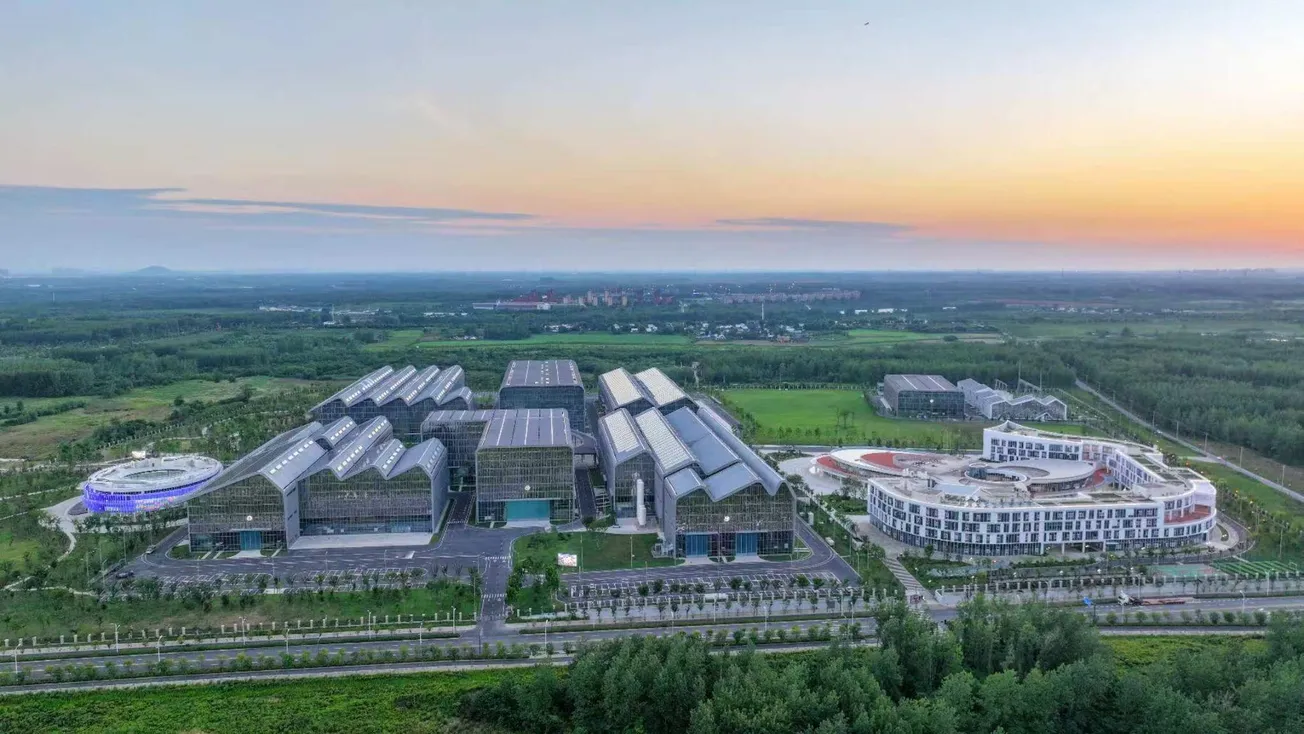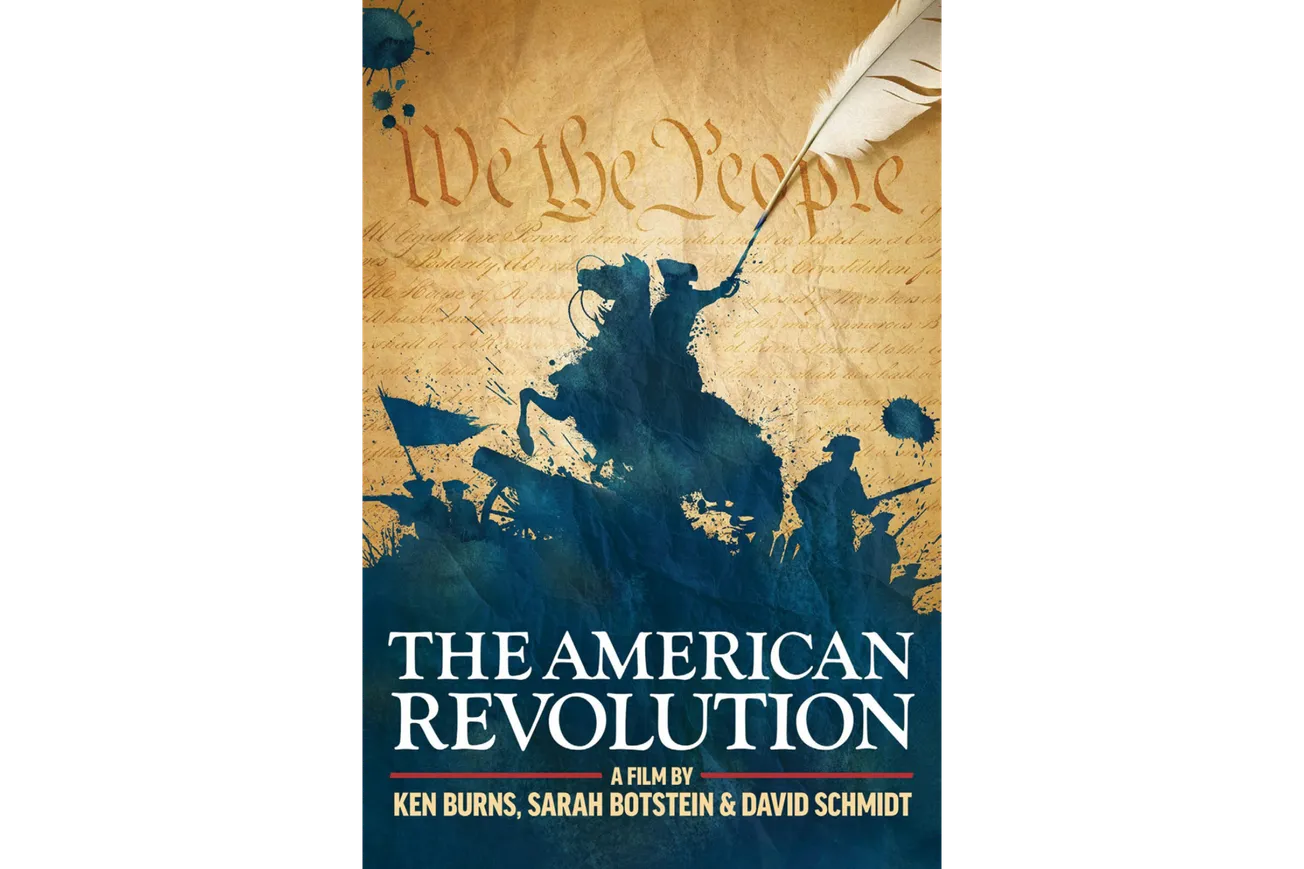The following is an edited transcript of The LaRouche Organization’s (TLO) interview with Dr. Rainer Rothfuss on Feb. 13, 2025. Dr. Rothfuss is a member of the German Bundestag (National Parliament), a leader of the Alternative for Germany (AfD) party, and a candidate in the Feb. 23 Bundestag election. The interview was conducted by TLO’s Harley Schlanger. Subheads have been added.
Harley Schlanger: Rainer, thanks for taking the time to join us; I know you’re very busy with the campaign. At the moment, the AfD is in second place in the polls, at 21% to 23%, despite a vicious campaign of slander against you. How do you see the election shaping up, and what is the mood of the voters?
Dr. Rainer Rothfuss: Well, I think we are in historical times of the post–World War II Germany, Bundesrepublik Deutschland, because the times of crisis which have evolved since, I would say, at least 15 years ago, have been brought to a certain peak through the war in Ukraine. People are now waking up more and more to this, I would say, theater play that has been displayed by the established parties. And people now see that the media—which has always reported nicely, positively, left out criticism, largely, about the government policies developed in the past—has cheated them. The Alternative for Germany, which was founded 12 years ago in 2013, is now starting to be understood in its harsh criticism of those policies.
That’s a time for change; we can really sense it, we can feel it, we can see it, we can hear it. When we go out and talk to the citizens, we have far better responses; when we talk in public we have far greater audiences. So, the growing numbers in terms of survey results are substantiated by what we see, what we hear in our conversations with citizens on the streets. It’s a time of change, and that’s very promising. It makes it fun to work politically in these times.
Schlanger: Given the state of the economy, it’s not surprising that people are starting to pay attention. You have the problems of deindustrialization, inflation, energy prices. But when you listen to the other candidates, they have no program. I had the misfortune of watching the so-called debate between Chancellor Olaf Scholz and Christian Democratic Union (CDU) candidate Friedrich Merz the other day, and they’re sticking to the same program that got us into this mess—blaming Russian President Vladimir Putin, sticking to the war, the Green policies, the immigration policy which has failed. So, how is your party different? And is this why you’re being slandered?
Rothfuss: Our criticism can be summarized, I would say, in the following image: Germany is like a huge tanker, a huge vessel going in one direction. At the moment, our vessel called Germany is going through a certain canal. It cannot turn around inside this canal, and the fact that we have been brought into this canal without any options to change direction is the fault of the established parties with their major decisions. One of the major decisions, which I would call the left border of this canal, is that we have been brought into conflict with Russia, and also with China. So, we have isolated ourselves inside Eurasia, and have decided to stay only with the West—with Brussels and with Washington. But not the Washington we are having right now under United States President Donald Trump, but the globalist Washington.
The right border of this canal is established by a Green policy that believes in the paradigm, in the religion of CO2 damaging our climate and our planet. All the other established parties are caught in this canal, and they cannot change the direction of this vessel.
We, the Alternative for Germany, say neither one border nor the other makes sense; let’s blow them away and steer the direction of our vessel Germany into a more promising direction. That’s why they cannot present us any really game-changing options inside their policy framework which is limited in the already described way. That makes us the real alternative; we are the Alternative for Germany by name, but that makes us the real alternative: We want collaboration and integration inside Eurasia; not, of course, becoming enemies of Western Europe and the United States. We are perfectly able to still keep working together. But we also want to blow away these limitations we have set for ourselves as consumers; limits set to the development of our economy, believing that only climate neutrality can save the world. This really makes us the alternative which promises a greater future than what we have to expect if we keep on this course inside this limited canal.


